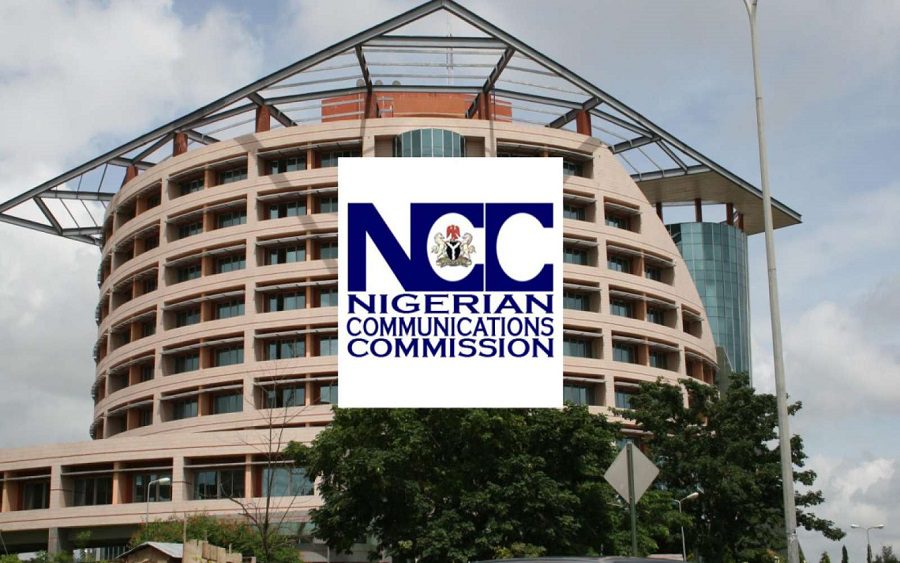
NCC and its airtime amnesty
Recently, the Nigerian Communications Commission (NCC) announced a new initiative allowing users to reclaim their unused airtime within 12 months of deactivation. This development, outlined in the Commission’s Draft Guidance, marks a significant step toward improving consumer protection and enhancing transparency in Nigeria’s telecommunications sector.
The growing reliance on prepaid mobile services across the country means that millions of Nigerians regularly top-up their phones without fully utilising the airtime purchased. When a subscriber line is deactivated, whether due to disuse or a switch to a different provider, these unutilised credits often go unclaimed and are left to fade into the ether. For many, this represents a waste of money, yet until now, the means to reclaim this unused airtime have been far from clear.
The NCC’s new rules, which propose a 12-month window for reclaiming unused airtime from deactivated lines, offer a crucial safeguard for consumers, empowering them to recover some of the money spent on services they could not fully utilise. This is especially important for a country where telecom services form a lifeline for communication, education, and business. The fact that these unclaimed balances can only be used for services such as voice, data, or other value-added options, rather than refunded in cash, adds an additional layer of accountability and fairness.
As Dr. Aminu Maida, Executive Vice Chairman of the NCC, pointed out, this initiative is part of a broader effort to strike a balance between consumer protection and the sustainability of the telecommunications industry. The new guidance will require telecom operators to audit and document all unclaimed balances from churned numbers and submit these reports to the Commission. This step ensures that the companies are not simply pocketing unspent airtime but instead are managing it in a way that benefits consumers or contributes to the broader telecom ecosystem.
What stands out in this framework is not only the consumer protection aspect but also the push for greater transparency within the telecom industry. By mandating operators to launch consumer awareness campaigns, the NCC is taking a proactive step to inform Nigerians about the forfeiture policies tied to prepaid services. In a market as dynamic and fast-moving as telecommunications, clarity is key. Providing consumers with the right information ensures that they can make informed decisions and are not left in the dark about their rights or the fate of unused balances.
Furthermore, the inclusion of global regulatory practices in the Draft Guidance—drawing inspiration from markets such as the United States, the European Union, and India—places Nigeria in step with international standards, further validating the Commission’s commitment to fostering an industry that is both fair and modern. As Mrs. Chizua Whyte, Head of Legal and Regulatory Services at the NCC, pointed out, managing consumer credit in today’s digital economy is increasingly crucial, and the new rules are designed to bring clarity and fairness to the sector.
However, while the announcement of these changes is welcome, the real test lies in their implementation. Telecom companies have just 90 days to comply with the new regulations, or face potential fines and audits. The stakes are high, and it will be crucial for operators to not only comply with these new rules but also to adopt a culture of transparency and consumer-first practices. The NCC’s commitment to regulatory action in the event of non-compliance is a positive signal, but it will be equally important for consumers to hold both telecom operators and regulators accountable to ensure that the benefits of these new rules are fully realised.
Looking ahead, the NCC’s Draft Guidance signals a shift toward a more consumer-centric telecom environment in Nigeria. If successfully implemented, these changes could set a powerful precedent for other sectors in the country, where consumer protection and transparency often remain secondary to business interests. As the framework is refined and the final version released later this year, one can only hope that it will inspire further reforms in other industries and lead to greater trust between Nigerian consumers and the businesses that serve them.
In the end, the real winners will be the Nigerian consumers who, for too long, have been left at the mercy of opaque and often exploitative practices. By reclaiming unused airtime and fostering a more transparent and accountable industry, the NCC has taken a crucial step toward building a fairer and more consumer-friendly telecommunications landscape.




